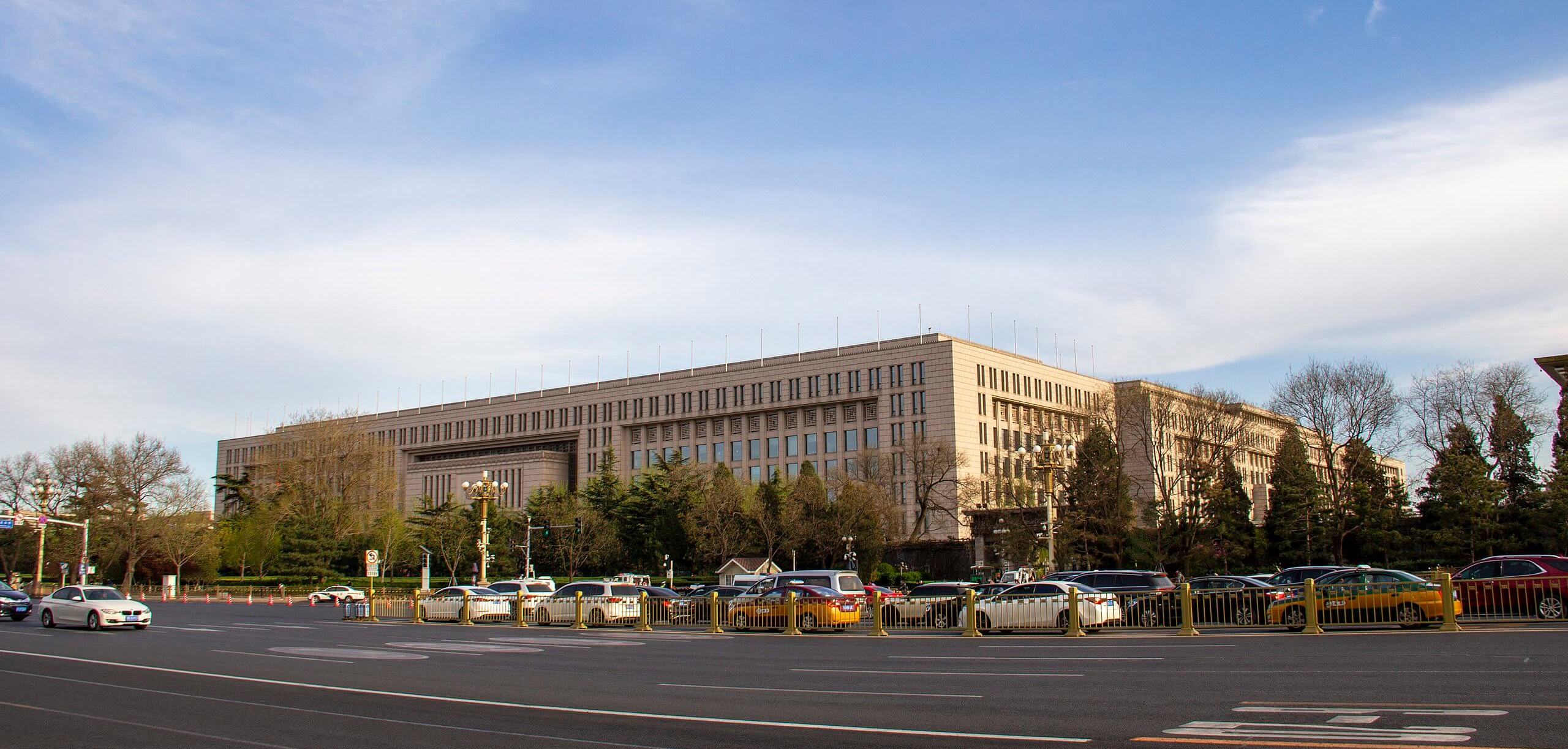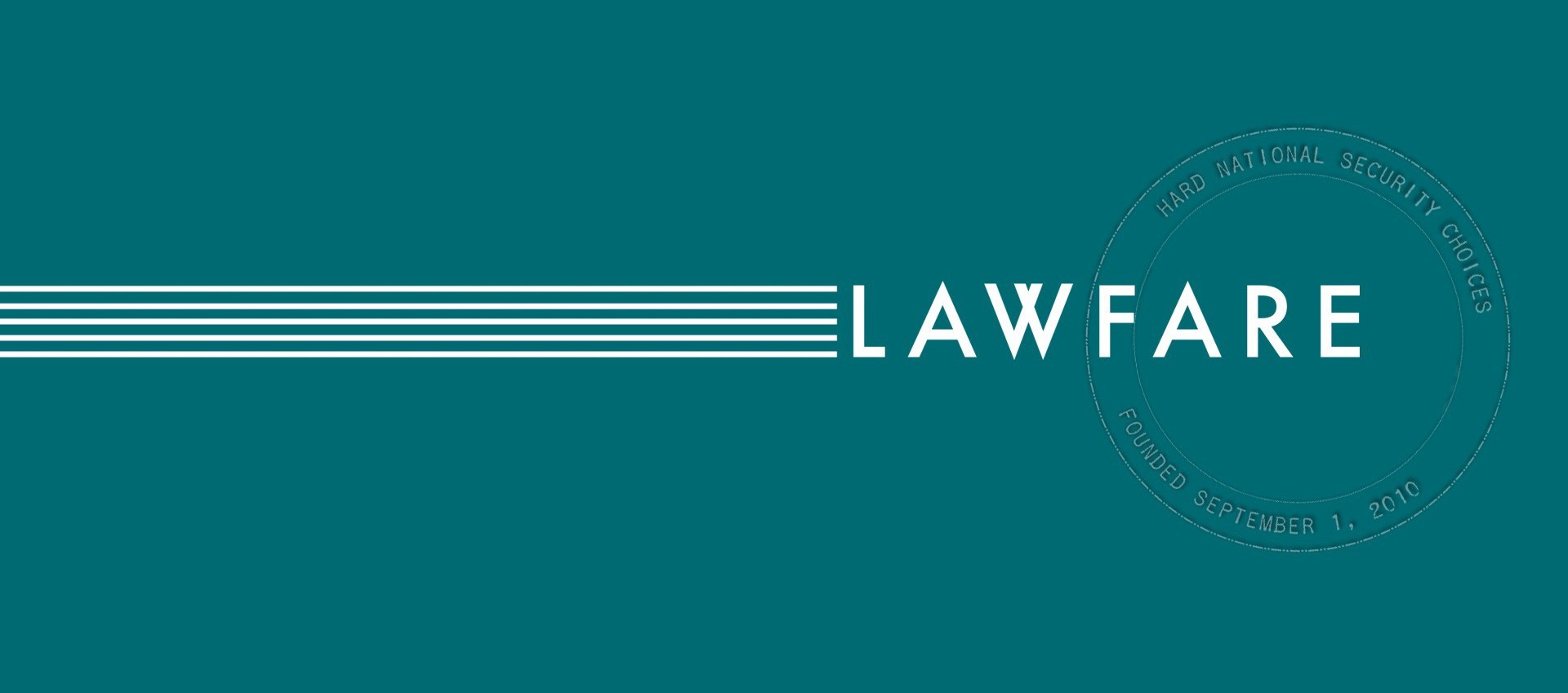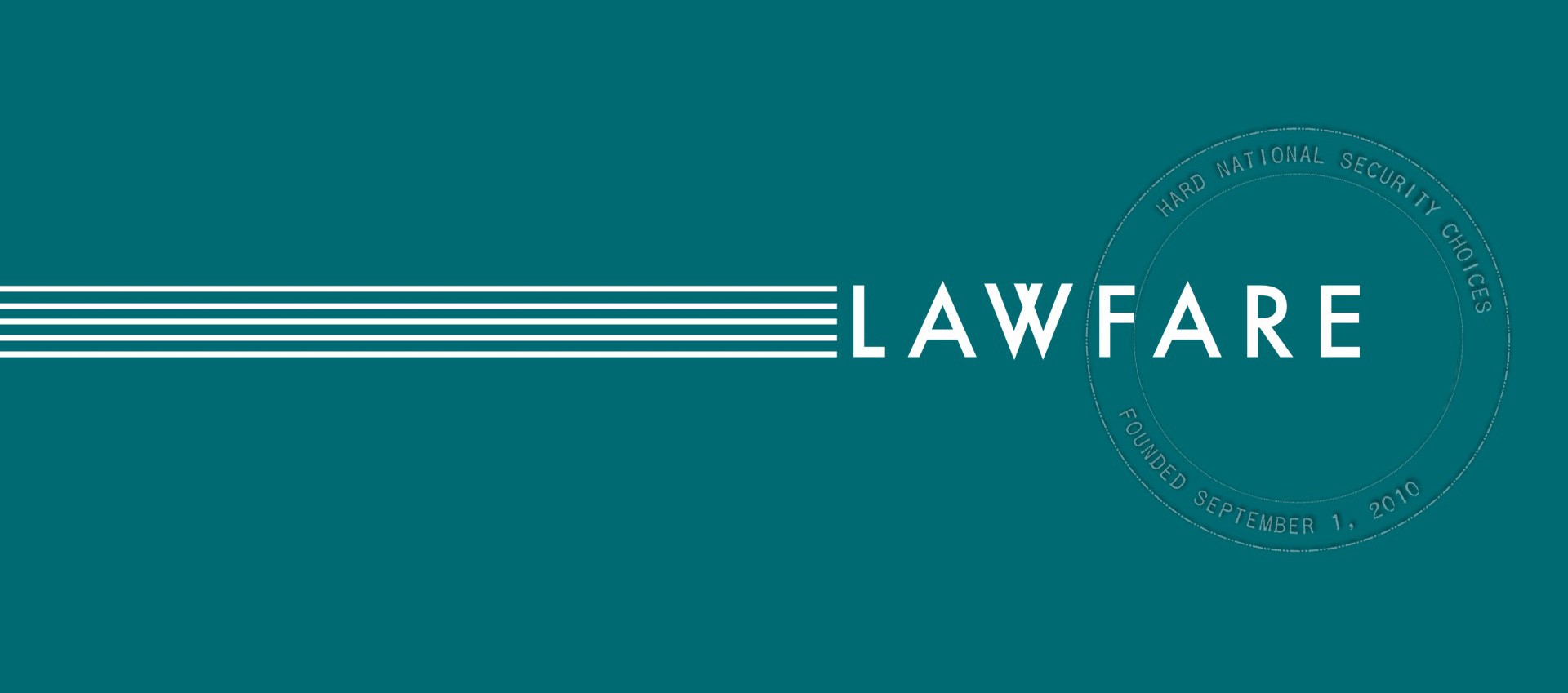Tech Firms Are Not Sovereigns
Technology firms are extraordinarily powerful. They control vast sums of money. They serve unprecedentedly large customer bases—in some instances, larger customer bases than any nation on earth (Facebook now has over 2 billion users).
Published by The Lawfare Institute
in Cooperation With

Technology firms are extraordinarily powerful. They control vast sums of money. They serve unprecedentedly large customer bases—in some instances, larger customer bases than any nation on earth (Facebook now has over 2 billion users). Tech firms implement rules on their platforms in a law-like manner, often in ways that are as consequential or more than any law on the books, and they regularly resist state regulatory efforts. This has led a number of people to suggest that tech firms are sovereigns (and, often, sovereign in ways that large firms before them were not).
I disagree, and this essay explains why. Even if we can agree that tech firms play all sorts of state-like functions, it is not helpful to think of them as sovereigns. This is neither a descriptively accurate nor a normatively desirable way to approach the central regulatory challenge of the global internet. It frames the key regulatory challenge—and the central power struggle—as between states and tech firms, when in fact it is a struggle between states.
The question is not can states pursue their goals vis-à-vis global tech firms, but rather: which states and how? This essay does not set out to address these questions—for a start at that, see my article, “Litigating Data Sovereignty,” forthcoming in the Yale Law Journal. Rather, this short essay provides reasons to be skeptical of claims that tech firms are sovereigns—either on their own or as compared to other large firms like Walmart or Coca-Cola.
Comments are very welcome.





